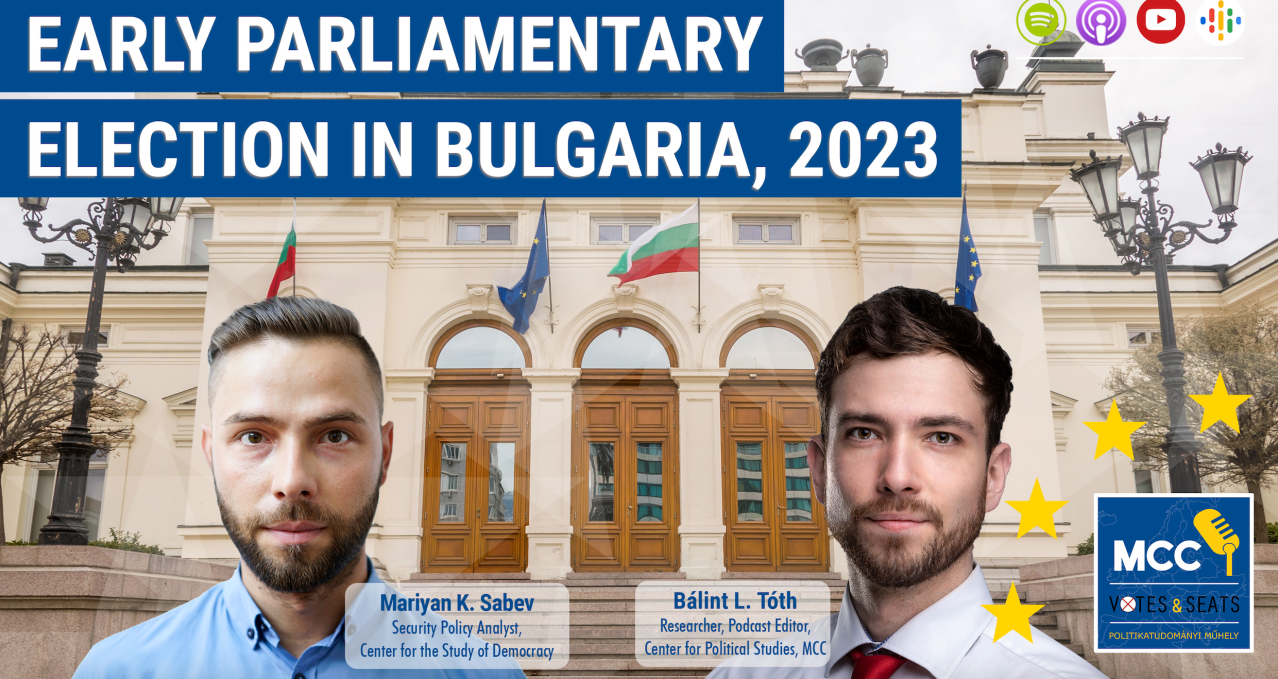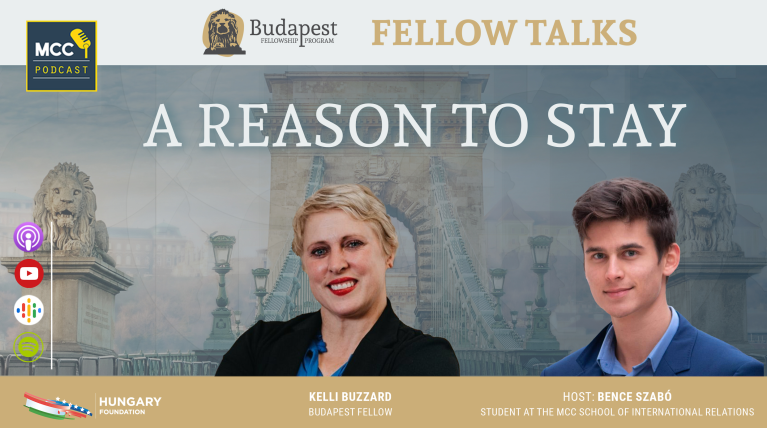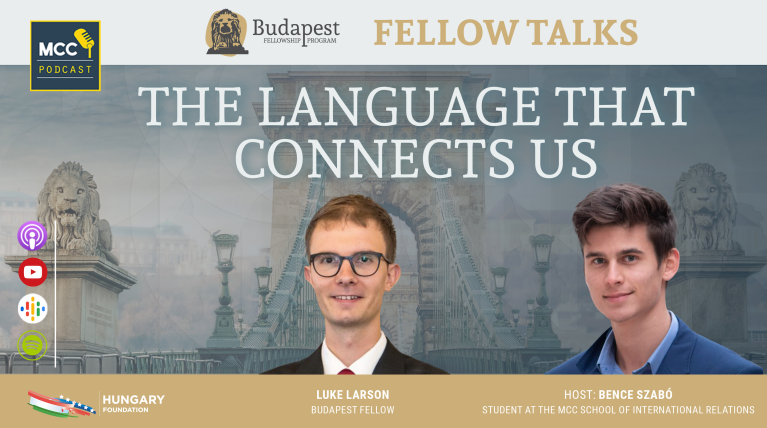Our guest expert, Dr. Mariyan K. Sabev from the Center for the Study of Democracy explains that the narrow victory of former prime minister Boyko Borisov’s right-wing GERB—SDS was no surprise for Bulgarians. However, the conservative alliance secured only 5 parliamentary seats more vis-à-vis the liberal-conservative electoral coalition of We Continue the Change and Democratic Bulgaria, headed by ex-premier Kiril Petkov. The anti-status quo ITN and the far-right Revival seem to be the biggest winners by gaining 11 and 10 mandates more, respectively, compared to the previous election. Consequently, the Bulgarian party system remains fragmented, our guest analyst says. None of the political parties believed that this election would bring any significant change to Bulgarian politics, therefore, they did not invest considerable efforts in the campaign. Nevertheless, Mr. Borisov has become a very important balancing figure as most of his strongholds (small and midsize municipalities) are still in place, even if he did not manage to enlarge his electoral base. On the other hand, the two big cities, Sofia and Polvdiv, remain the supporters of the new political parties, whereas the country's ethnic/religious minorities and Bulgarians living in Türkiye normally vote for DPS. Our guest expert adds that the only real change the April 2023 election brought was the debuting of the recently modified voting mechanism that introduced a mixed system of digital and paper-based methods. Dr. Sabev concludes that the country’s political crisis remains constant as long as the Bulgarians as a nation keep being more divided then ever before. With the help of guest experts and politicians, in the podcast series of MCC’s Centre for Political Science we endeavor to analyze which actors are the real winners of the parliamentary and municipal elections taking place this year in different European countries and what exactly can be considered a real victory after the ballot counts.

April 24, 2023
Votes & Seats Podcast: Early Parliamentary Election in Bulgaria, 2023
Exactly two years after the regular parliamentary election, on April 2nd, 2023, Bulgarians were called to the polls for the fifth time in a row to elect the representatives of the National Assembly. Since April 2021, due to the absence of sufficient electoral support and political will, all attempts failed to result in a long-term governing coalition.
Reading time: 2 minutes








